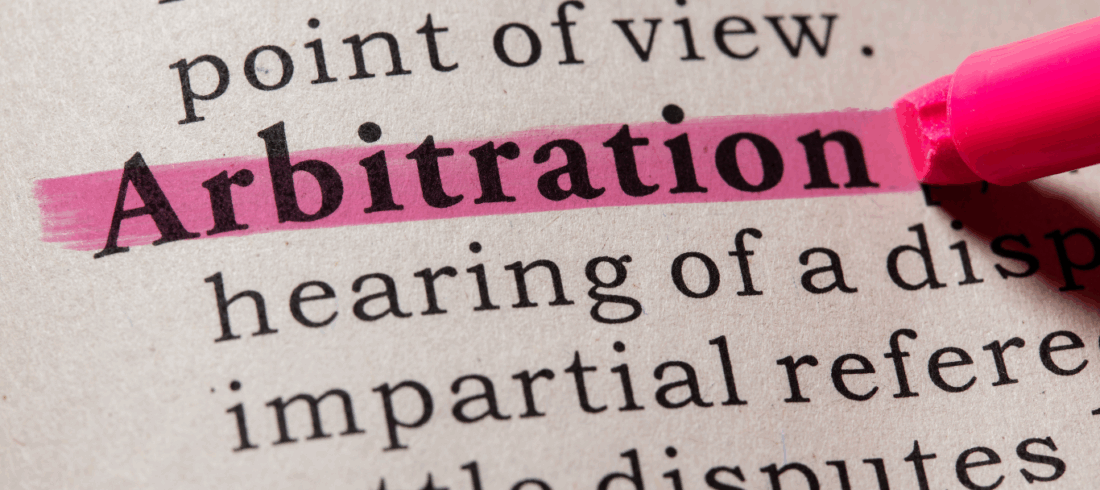April 2025
Thailand has been experiencing an epidemic of locally called “scam calls,” reportedly from “scam call centers” in neighboring countries. Losses due to online scams are estimated at 60-70 million Thai Baht (US$1.8-2 million) per day.
Per the Bangkok Post, “The NBTC has taken a leading role in coordinating efforts between the Ministry of Digital Economy and Society (DES), the Anti-Online Scam Operation Centre (AOC), the Anti-Money Laundering Office, the Bank of Thailand, the Cyber Police Bureau, and the Central Investigation Bureau. By integrating data on criminal use of wireless networks, Thailand has significantly improved its ability to prevent and suppress digital fraud.”
Although the exact investigation techniques are confidential, it is safe to assume that telecommunication license applications are part of the investigation process. The reason is that a license application requires detailed information about a licensee’s planned network, and its operability is required. For example, a license application requires detailed information about the origins of service to end customers, equipment descriptions, connections from source to destination, traffic access, transmission, and usage. Moreover, all technical information must align with network diagrams. The NBTC may also send demand letters to licensees and demand swift responses, requesting information about customers, network activity, and activity in specific locations within Thailand.
The comments herein are for discussion and information purposes only and are not guaranteed to be up to date. Nothing herein should be or can be relied on as legal advice.
For any questions, you may contact Formichella & Sritawat at [email protected]
© Formichella & Sritawat Attorneys at Law


